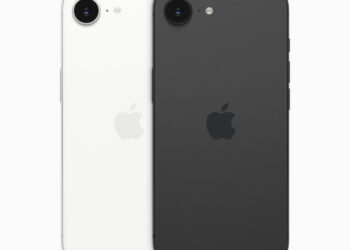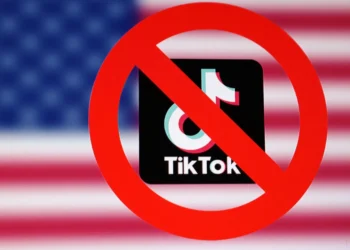Apple has agreed to a $95 million settlement in a proposed class-action lawsuit alleging its Siri voice assistant violated users’ privacy.
According to Reuters’ report, the settlement, which awaits approval from U.S. District Judge Jeffrey White in Oakland, California, was filed on Tuesday and seeks to resolve claims that Apple recorded private conversations without consent and shared them with third parties, such as advertisers.
The lawsuit contends that Apple’s Siri assistant, activated by the “Hey, Siri” command, inadvertently recorded private conversations when triggered unintentionally.
Plaintiffs argued that these recordings were later used for targeted advertising.
Examples from the case
Examples from the case include a plaintiff who mentioned Air Jordan sneakers and Olive Garden restaurants received ads for those products.
- Another reported seeing ads for a specific surgical treatment after discussing it privately with their doctor.
- The unauthorized recordings allegedly began on September 17, 2014, when Apple introduced the “Hey, Siri” feature, and continued through December 31, 2024.
Compensation for affected users
Under the settlement terms, Apple may pay class members—estimated in the tens of millions—up to $20 per Siri-enabled device, including iPhones, iPads, and Apple Watches.
- The plaintiffs’ lawyers plan to seek $28.5 million in fees and $1.1 million in expenses from the settlement fund.
- Apple denies any wrongdoing but agreed to settle to avoid prolonged litigation. The tech giant has not issued a public comment on the case.
- The settlement comes as Apple reported a net income of $93.74 billion in its latest fiscal year, meaning the $95 million settlement equates to approximately nine hours of the company’s profit.
What you should know
Meanwhile, a similar privacy lawsuit is pending against Google in San Jose, California, in the same district as the Apple case.
Plaintiffs in the lawsuit allege that Google Assistant can activate and record communications even when a user does not intentionally trigger Google Assistant with a hot word, like “Okay Google,” or manually activate Google Assistant on their device.
- Plaintiffs refer to such instances as “False Accepts” and allege that Google wrongfully collects, uses, and discloses user audio recordings from False Accepts to improve the speech recognition abilities of Google Assistant.
- Plaintiffs allege Google’s conduct constitutes a breach of the privacy assurances that Google makes to users in its Privacy Policy and an unlawful practice under California’s Unfair Competition Law (“UCL”) (collectively, the “Class Claims”).
- Google has, however, denied all of Plaintiffs’ allegations but the Court has not made any determination as to who is right or whether Google did anything wrong.





















